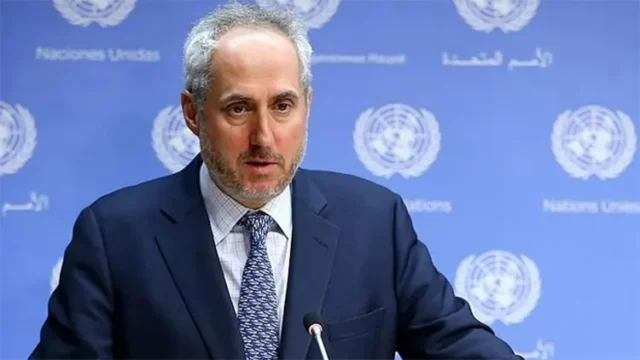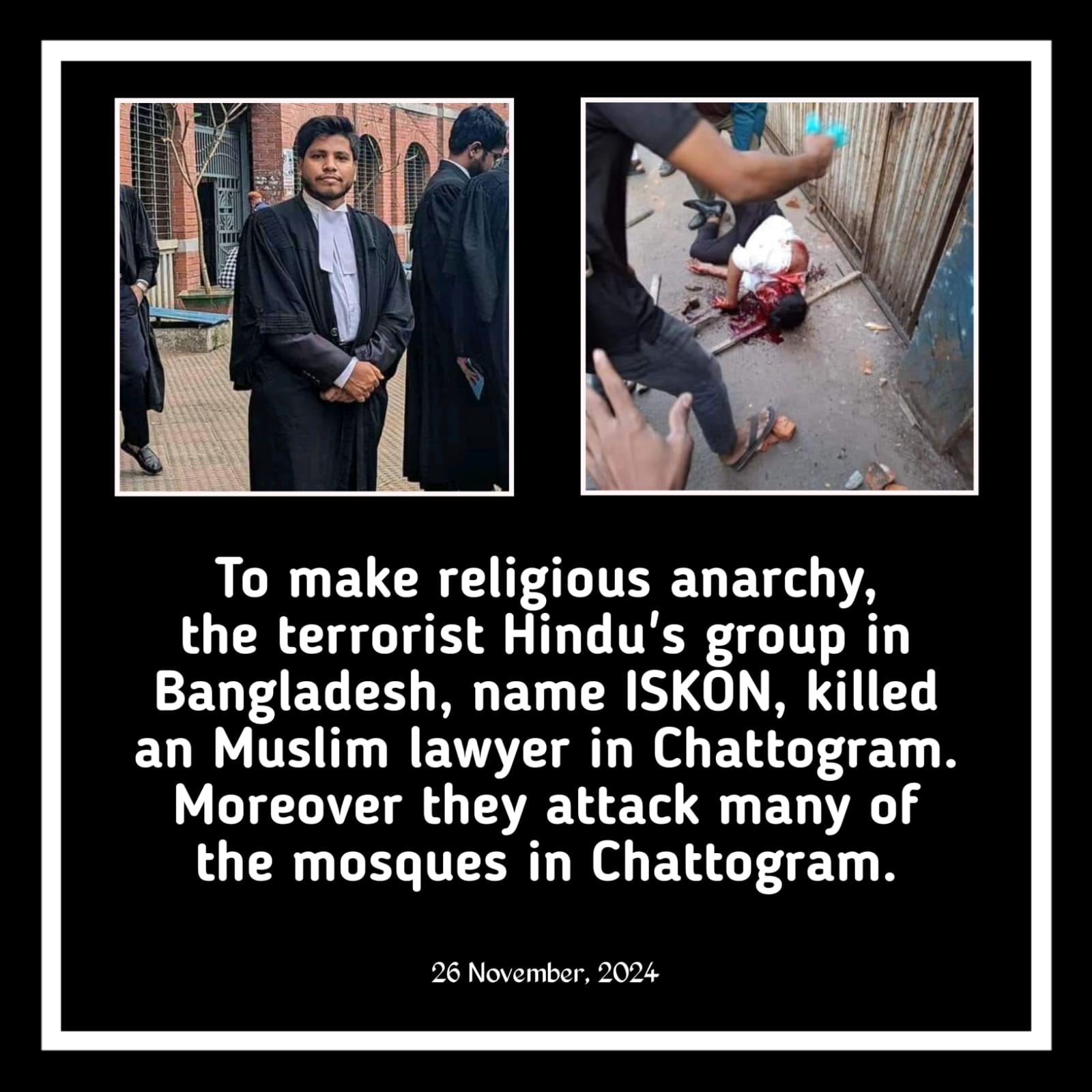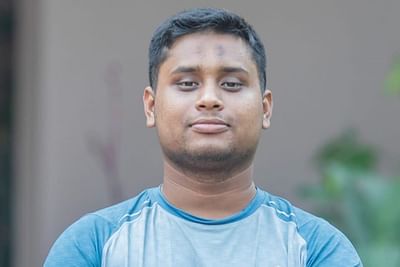Dhaka, 30 July: The UN is closely monitoring the situation arising from the quota reform movement in Bangladesh and is ready to take action if necessary according to its mandate. UN Secretary-General Antonio Guterres has received credible evidence of excessive force and human rights violations by security forces against protesting students. He has expressed deep concern over this.
On Monday, Secretary-General’s spokesperson Stéphane Dujarric said in a briefing that initially, a statement on the issue of Bangladesh was read. He then started a Q&A session. In the statement, he reiterated the demand for a quick, transparent, and impartial investigation into all forms of violence and called for accountability for those responsible.
Dujarric said, “I have an update on the issue of Bangladesh. I can tell you that the UN Secretary-General is deeply concerned about the situation in Bangladesh. He is aware of the renewed student movement and has reiterated his call for calm and to refrain from violence. The UN Secretary-General has also expressed concern over the mass arrests of thousands of youths and political opponents involved in the current student movement. He has emphasized the importance of due process in the exercise of freedom of expression and the right to peaceful assembly. During this time, Dujarric said that the UN Secretary-General Antonio Guterres expressed concern after receiving credible evidence of excessive force and human rights violations by security forces. The UN has communicated its concerns to the relevant authorities in Dhaka and New York. He said, “As a top contributing country to UN peacekeeping missions, we call on Bangladesh to uphold and respect human rights.”
We have received a statement from the Bangladesh government that no UN-marked vehicles are being used within Bangladesh. We want to remind and reiterate that countries contributing troops and police to the UN can only use UN-marked equipment when mandated by a UN peacekeeping mission.”
After Dujarric’s statement, a Q&A session began. At this time, a journalist described the situation in Bangladesh and terrorist activities, which annoyed Stéphane Dujarric. The previous day, Dujarric had stopped the same journalist halfway through his question during a briefing, telling him, “I want to hear questions, not speeches.” On Monday, a similar situation occurred. He stopped the journalist, saying, “I know the situation. I will not give you even 10 seconds to make a speech. Ask your question.” The journalist’s question was: “The Bangladesh government has reiterated that all killings and terrorist activities will be brought to justice through impartial and objective investigation to identify those responsible.”
Before the journalist could finish his question, Dujarric stopped him, saying, “No, sir. I know the situation. I will not give you even 10 seconds to make a speech. Ask your question.” At this time, the journalist asked, “What is your observation in light of these steps?”
In response, Stéphane Dujarric said, “Our observation is exactly what I said two minutes ago. There must be proper investigation of all forms of violence transparently and impartially. All those involved in these acts of violence must be held accountable.” At this point, another journalist asked, “The situation has returned to normal after the deployment of the army in Dhaka. Significant damage to public and private property has been reported. Will the UN provide any assistance to Bangladesh regarding such significant damage?”
In response, Dujarric said, “We are always ready to assist any country in dialogue during a crisis. The UN is not involved in any compensation scheme for those who unfortunately lose their property or family members during protests anywhere in the world. Thank you.”
At this point, another journalist asked, “Thank you for the statement you made earlier. I have three questions about Bangladesh. They will be quick. Law enforcement agencies are conducting witch hunts against innocent young people in Bangladesh, forcing them to give statements under duress. What is the observation of the UN Secretary-General on their role in this?”
In response, Stéphane Dujarric said, “Mushfiq (Mushfiqur Fazal Ansari), I am repeating. The UN Secretary-General has said that security forces in Bangladesh have used excessive force. There are credible reports of human rights violations. The Secretary-General has expressed concern about these reports. He has called for accountability for all those involved in these violations. What is your second question?”
Mushfiq asked, “Is the UN Secretary-General comfortable with these forces being under the UN flag in other countries?”
In response, Stéphane Dujarric said, “It is clear that we rely on Bangladesh and its peacekeepers. They continue to work in peacekeeping missions to uphold and respect human rights. What is your final question?”
Mushfiq asked, “The UN High Commissioner for Human Rights has said that his office is ready to assist in their (Bangladesh’s) investigations. Human rights groups, international experts, and Nobel laureates are demanding UN intervention in the situation. What level of evidence would be necessary for the Secretary-General to take action?”
In response, Dujarric said, “The UN Secretary-General is always ready to take action under his mandate.”
Source: Manab Jamin










